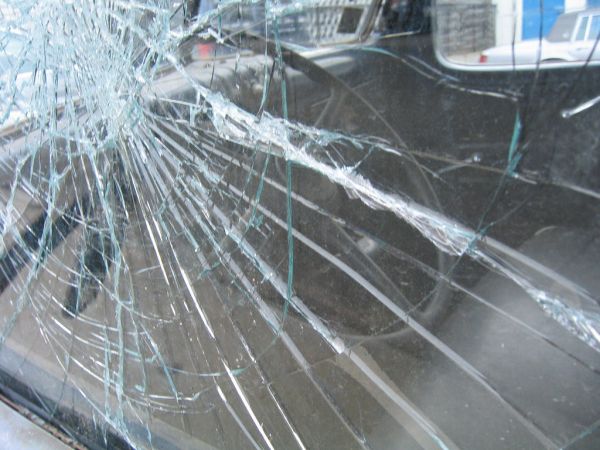Tag: Nablus
-
Celebrating heroes and olives: Qaryut begins to dismantle roadblock
by Aaron 5 February 2012 | International Solidarity Movement, West Bank Hundreds of peaceful demonstrators confronted heavily armed Israeli soldiers this Friday, February 3rd, at a new protest in the village of Qaryut, planting nearly one hundred trees and partially demolishing the roadblock that has obstructed access to the highway since the First Intifada. Although…
-
Planting hope and natural resistance in Burin
by Jonas Weber 4 February 2012 | International Solidarity Movement, West Bank On the 4th of February International Solidarity Movement (ISM) and The Ecumenical Accompaniment Programme in Palestine and Israel (EAPPI) attended the replanting of 50 olive trees on the hillsides above the village of Burin, outside of Nablus. The planting went without disturbances from the surrounding…
-
61 year old Palestinian woman in intensive care after settler attack
by Fransisco Reeves 3 February 2012 | International Solidarity Movement, West Bank When your land is occupied by those who harbor hatred towards you emanating from a belief that they are inherently superior to you, each day brings with it a genuine threat to the security of your life and the lives of your loved…



